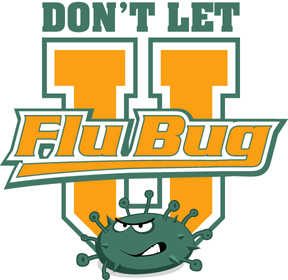
Isn't it wonderful? Public health money doing its job; I saw this at the gym this morning and had to share. Watch the video -- it's worth it!
A veterinary epidemiologist with an eye on the news
| USDA: You're not hungry, you just have very low food security |
| by Pete Hisey on 11/17/2006 for Meatingplace.com |
| According to USDA's newly published report, "Household Food Security in the United States, 2005," hunger in the United States has declined slightly since 2004. According to the report, about 11 percent of the U.S. population is classified as "food insecure," with about one-third of those classified as having "very low food security." That means that members of these 3.9 million households and 35 million people experience varying levels of hunger during the year, ranging from skipping meals or eating smaller portions to losing weight due to lack of food. The number of households experiencing hunger remains unchanged from 2004, but overall the number of Americans with "very low food security" has risen over the past five years. However, the word hunger does not appear in the report, which Democrats charge was held back until after the mid-term elections, a charge called "ridiculous" by USDA. Instead, hungry people are described as suffering from "disruptions in eating patterns and food intake." Mark Nord, the USDA sociologist responsible for the report along with co-authors Margaret Andrews and Steven Carlson, defends dropping the terms hunger and hungry to describe the phenomenon of not having enough food by saying the terms are not scientific. "We don't have a measure of that condition," he said. Consumer and poverty groups are up in arms about the abrupt change in terminology, but USDA says that the change was part of an overhaul of the entire report process to ensure that language used in the report is "conceptually and operationally sound." Three years ago, USDA asked for recommendations from the Committee on National Statistics of the National Academies to suggest more scientifically rigid terminology. The committee, among other suggestions, recommended that the word hunger be dropped, since it could describe anything from a mildly uncomfortable feeling familiar to everyone prior to mealtime to "discomfort, illness, weakness or pain." "Hunger is clearly an important issue," said Nord, but since there is no consensus about what exactly it refers to, it's not particularly meaningful as it relates to the economic research that backs the report. |